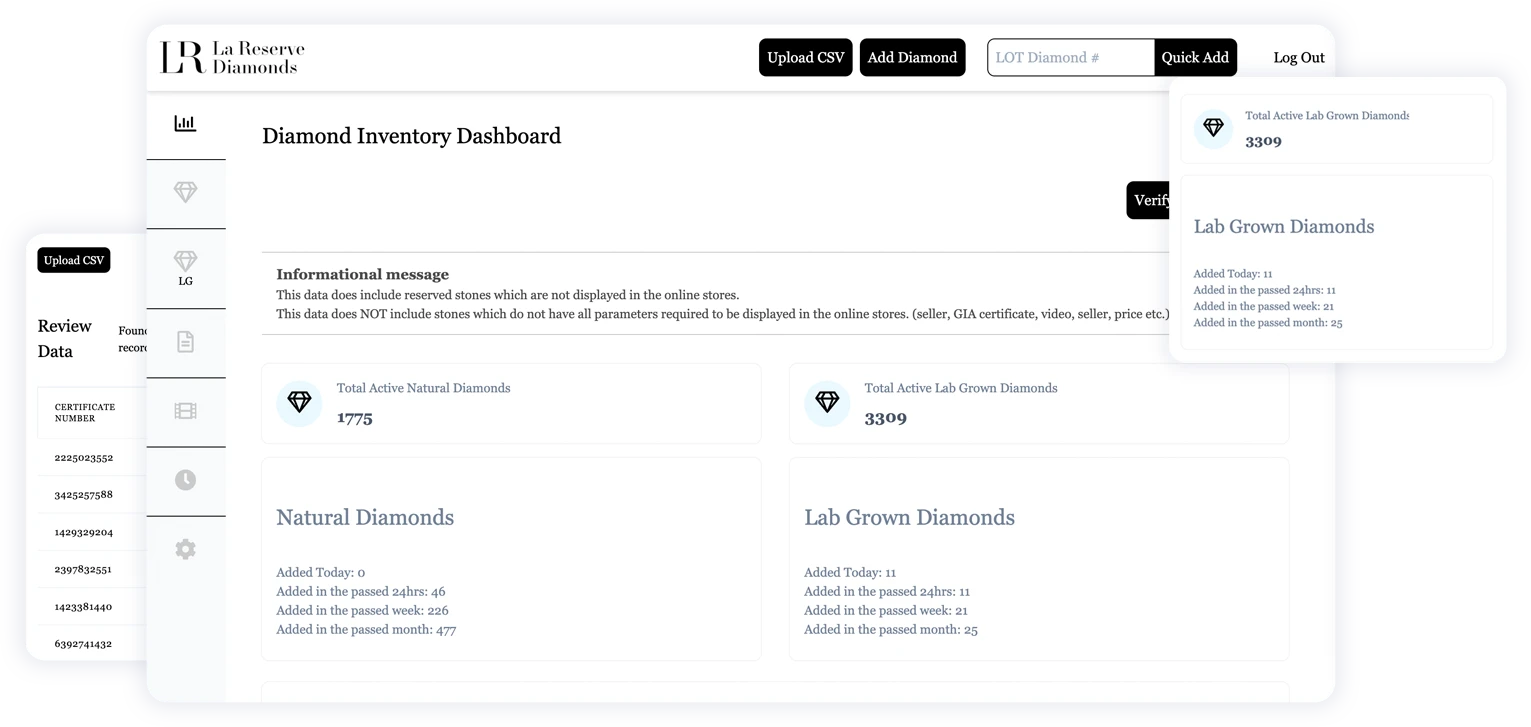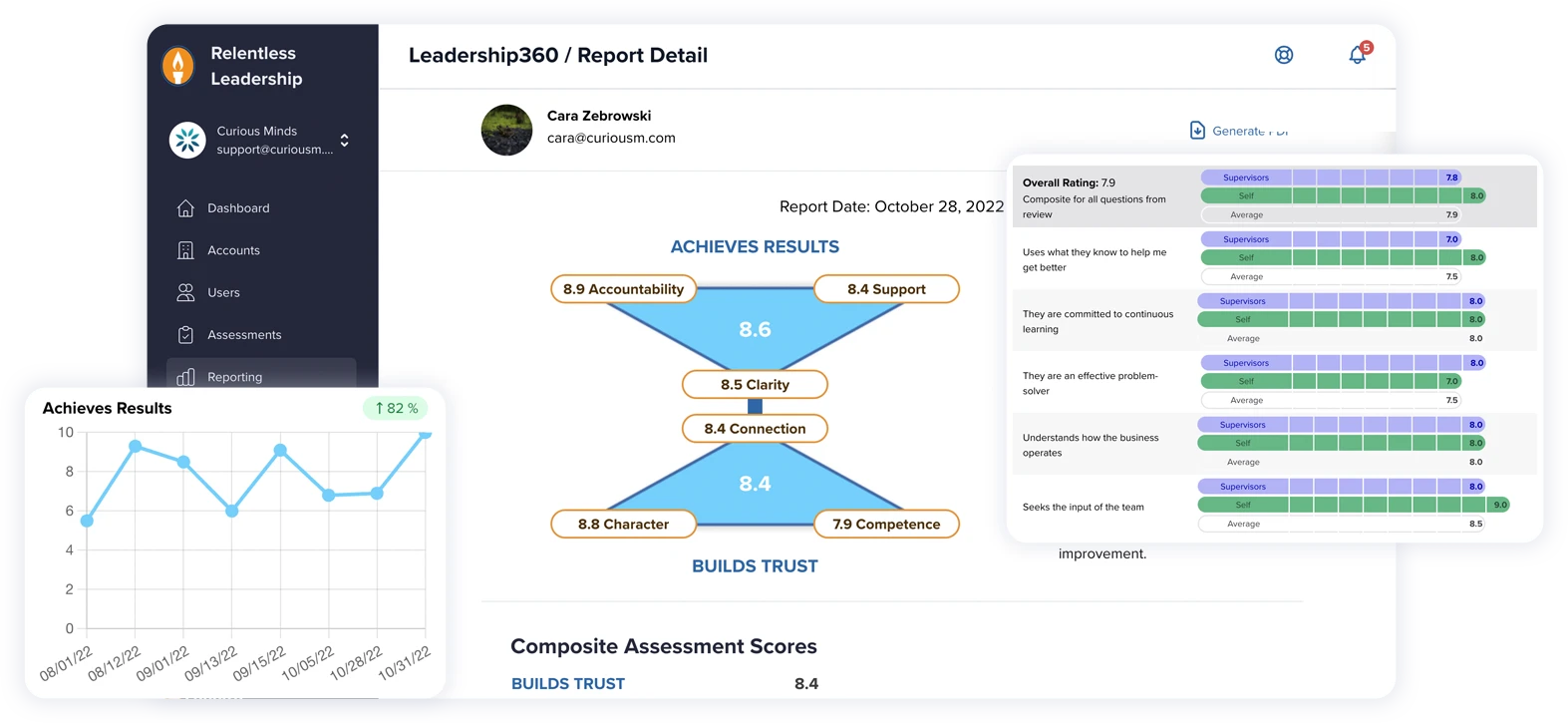Modern organizations have a pressing need for access management to various web applications securely and efficiently. SSO, integrated into an organization, simplifies access, enhances security, and generally improves the user experience. SSO will enable access to several connected systems using a single login, avoiding the need for re-entry of credentials, password fatigue, and hence a reduction of password-related security risks. This will provide tough access control and will centralize user management, thereby making SSO ideal for enterprise websites, portals, and applications.
The Evolution of User Authentication: From Manual Logins to SSO
Early web systems required users to create and remember a different login for every platform. This resulted in issues like forgotten passwords, reused credentials, and weak security. For the user, it was a pain to manage, while for an organization, it exposed them to a potential security risk. This need created the requirement to find a much better authentication solution.
Single Sign-On (SSO) solved these problems by centralizing the login process. With SSO, users log in once through an identity provider (IdP) like Okta or Azure Active Directory. They can then access all connected platforms without logging in again. This not only improves the user experience but also reduces risks like weak passwords and streamlines IT operations. For businesses, SSO also supports advanced security features like multi-factor authentication (MFA) and adaptive access controls.
SSO allows seamless authentication for enterprise websites, portals, intranets, and applications. Employees, partners, and customers can securely access platforms without hassle, while enterprises enforce strong security and compliance measures. SSO integration is a game-changer for managing access in a secure and user-friendly way.
Why Enterprises Need SSO Integration
Single Sign-On brings major benefits to enterprises by improving operations and the user experience. One of its biggest advantages is simplifying logins. With SSO, users log in once to access all necessary systems, eliminating the need for multiple passwords. This saves time, reduces frustration, and creates a smoother experience for employees, partners, and customers.
SSO also strengthens security by centralizing access control. Features like MFA, adaptive authentication, and session timeouts prevent unauthorized access and enforce consistent security rules across all systems. This approach reduces vulnerabilities from weak or reused passwords and helps enterprises improve their security framework.
Managing user access is much easier with SSO. Administrators can add, remove, or change permissions from a single dashboard, ensuring consistent access across platforms. For enterprises in regulated industries, SSO helps meet compliance standards like GDPR and HIPAA by centralizing logs and enforcing secure practices. As businesses grow, SSO scales to handle larger user bases and workflows without affecting performance.
How to Integrate SSO with WordPress
Setting up SSO for enterprise websites with WordPress requires proper planning and tools. Start by selecting a reliable SSO provider, such as Okta, Azure AD, or OneLogin. These platforms offer enterprise-level features like scalability and advanced security protocols. Choose one that fits your user base, compliance needs, and integration complexity.
Next, use a WordPress plugin to connect your site to the chosen provider. Plugins like MiniOrange SSO, Auth0, or Nextend SSO simplify this process. They support protocols like SAML, OAuth, and OpenID Connect, which ensure secure communication between WordPress and your IdP. Configuring these plugins involves setting up login endpoints, certificates, and client credentials.
Testing is critical to ensure the integration works correctly. Check for issues like slow logins or compatibility errors. Implement policies like MFA and role-based access control to meet your security standards. Finally, roll out the integration gradually, starting with a small group. This phased approach lets you address issues and make adjustments before a full-scale deployment.
Real-World Use Cases: SSO in Action
Many enterprises have internal portals for employees, giving access to tools, resources, and training material. SSO integration provides the ability to sign on once, with access to all services that can enhance productivity or reduce frustrations about logins. This is particularly useful in large or distributed teams.
For client-facing services, SSO simplifies access to enterprise dashboards. Clients can log in once to view personalized information, track projects, or check billing data. This not only improves the user experience but also builds trust through secure and seamless access.
Educational institutions and training programs also benefit from SSO. Universities and corporate LMS platforms use SSO to provide students, instructors, and administrators with quick access to courses, assignments, and admin tools. This creates a more efficient and streamlined learning environment for all users.
SSO Integration Challenges and How to Solve Them
Integrating SSO can present some challenges, but these can be resolved with the right strategies. One common issue is compatibility. Not all SSO providers work seamlessly with every platform, so careful selection and planning are essential.
Costs can also be a factor, as enterprise-grade SSO solutions often involve licensing fees and implementation expenses. However, the long-term benefits—such as improved security, easier user management, and reduced IT workload—typically justify the initial investment. Enterprises should balance short-term costs with future gains.
Technical complexity can be another hurdle, especially for teams without experience in authentication systems. Partnering with experienced developers ensures the integration is configured properly and minimizes disruptions. Providing training and support materials for users also ensures they adapt quickly and confidently to the new system.
The Future of SSO Integration
The future of Single Sign-On includes exciting innovations. AI-driven security will bring smarter, more adaptive authentication methods, such as behavior-based access and real-time fraud detection. These features will make systems even safer and more user-friendly.
Regulatory compliance will remain a priority. Enhanced tools for GDPR, HIPAA, and other regulations will ensure enterprises can protect user data while meeting strict legal standards. Additionally, deeper integration with cloud platforms and third-party tools will make managing diverse workflows easier.
As businesses continue to be dependent on digital tools, the integration of SSO will be of even more importance in the future for convenience and security.
Building a Secure and Seamless Future with SSO
Integrating Single Sign-On equips enterprises with secure, scalable, and user-friendly access management. By centralizing authentication, enhancing security, and simplifying user control, SSO transforms how businesses manage access to their digital resources.
Curious Minds Media is your partner for seamless SSO integration. Whether you’re adopting SSO for the first time or refining your setup, our team provides expert guidance and support. Contact us today to explore how SSO can improve security and simplify access for your enterprise website.



















